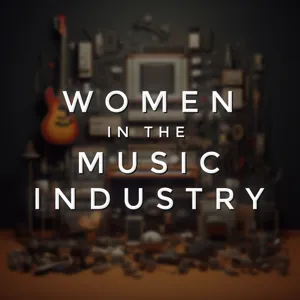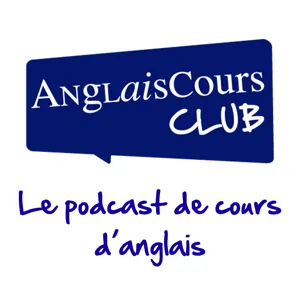Our MacVoices Live! conversation with featured guest Bob “Dr. Mac” LeVitus and panel members Dave Ginsburg, Brittany Smith, Frank Petrie, and Warren Sklar continues with more about Bob’s new book, GarageBand For Dummies, Second Edition. That part of the discussion includes comparisons of GarageBand and Logic Pro, who each is for, and learning curves. Then, the panel just couldn’t stay away from the Apple/Epic Games battle, but this time we approached it through the copycat version of Apple’s “1984” commercial and director Ridley Scott’s comments about it. (Part 2 of 2)
This edition of MacVoices is sponsored by Smile, the makers of PDFpen and PDFpenPro, PDFpen for iPad, PDFpen for iPhone, PDFpen Scan+, as well as TextExpander for Mac and TextExpander for iPhone and iPad, as well as the new TextExpander for Windows. Great software to help you get more done.

Show Notes:
Guests:
Bob LeVitus, often referred to as "Dr. Mac," has been considered one of the world's leading authorities on the Macintosh and Mac OS for nearly twenty years. A prolific author, Bob has sold millions of books worldwide in a dozen languages. His recent titles include: iPad 2 For Dummies, Incredible iPad Apps For Dummies, iPhone 4S For Dummies, and Mac OS X Lion For Dummies. He's been a tech columnist for the Houston Chronicle since 1996 and writes regularly for The Mac Observer web site. His hobbies include playing guitar with the infamous Macworld All-Star Band, engineering audio recordings (mostly of classic rock songs), and budget video-making. Bob also has a Macintosh computing consultancy that offers expert technical help, training, and pre-purchase advice to Mac users via phone, e-mail, and/or Internet-enabled remote control software. You can find him on Twitter and see his latest project at WorkingSmarterForMacUsers.com.
David Ginsburg is the President of the Suburban Chicago Apple Users Group, and is an IT professional supporting Mac, iOS and Windows users. Find and follow him on Twitter as @daveg65. You can also hear him share his knowledge on his podcast, In Touch With iOS.
Brittany Smith is a cognitive neuroscientist who provides a variety of consulting services through her business, Devise and Conquer that includes ADD/ADHD coaching, technology coaching, productivity consulting, and more. She is a self-designated “well-rounded geek”, and holds a M.S. degree in Cognitive Neuroscience. She can be found on Twitter as @addliberator.
Frank Petrie is an author and contributor to ScreenCastsOnline Magazine. Follow him on Twitter and check out his web site, ympnow.com.
Warren Sklar helps host the Mac to The Future Group on Facebook, and is the co-host of In Touch With iOS with David Ginsburg.
Links:
Bonus Content for GarageBand For Dummies, including House of the Rising Sun files
Director of Apple’s classic 1984 ad is unimpressed with Epic Games’ parody on Cult of Mac
Support:
Become a MacVoices Patron on Patreon
http://patreon.com/macvoices
Enjoy this episode? Make a one-time donation with PayPal
Connect:
Web:
http://macvoices.com
Twitter:
http://www.twitter.com/chuckjoiner
http://www.twitter.com/macvoices
Facebook:
http://www.facebook.com/chuck.joiner
MacVoices Page on Facebook:
http://www.facebook.com/macvoices/
MacVoices Group on Facebook:
http://www.facebook.com/groups/macvoice
LinkedIn:
https://www.linkedin.com/in/chuckjoiner/
Instagram:
https://www.instagram.com/chuckjoiner/
Subscribe:
Audio in iTunes
Video in iTunes
Subscribe manually via iTunes or any podcatcher:
Audio: http://www.macvoices.com/rss/macvoicesrss
Video: http://www.macvoices.com/rss/macvoicesvideorss

















